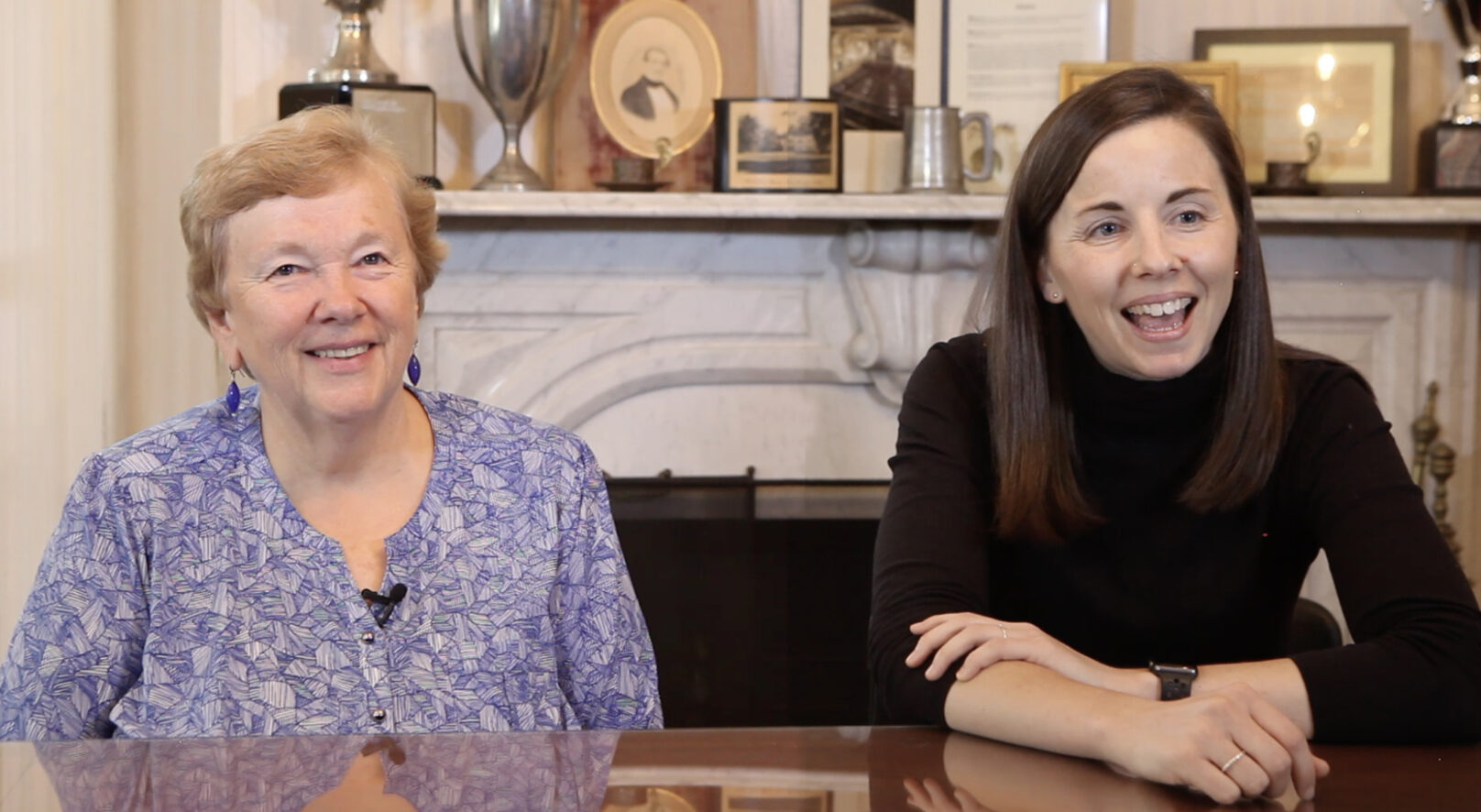How Gender Intersects with Politics
The Women's Studies Fellowship
July 6, 2022
Share

Established in 1974, the Dissertation Fellowship in Women’s Studies continues to provide a career boost to Ph.D. candidates whose work focuses on women and gender. Awarded to nearly 600 budding humanities and social sciences scholars since 1974, the Fellowship provides a $5,000 stipend for expenses related to dissertation completion, along with a prestigious vote of confidence that often leads to additional funding. This early seed funding ensures that a diversity of perspectives continues to flourish and inform future generations.
Two Fellows who have gone on to lead—and to collaborate across generations—are Susan Carroll ’76 and Kelly Dittmar ’10, co-authors of A Seat at the Table: Congresswomen’s Perspectives on Why Their Representation Matters (Oxford University Press, 2018) and former colleagues at Rutgers University.
The question that the book’s title poses would not have been considered a worthy subject of scholarship when Dr. Carroll began her career. “I remember talking to a professor my first year, wanting to do something on women in Congress,” she says. “He told me I couldn’t possibly do that; there weren’t enough women there.”
Her award led to subsequent funding from the Brookings Institution and the American Association of University Women. The Fellowship’s real value, said both Dr. Carroll and Dr. Dittmar, was the prestige and the stamp of approval.
“We were sort of the initial pioneers and path-breakers in terms of people,” reflects Dr. Carroll. “The first group to be able to do this kind of work, get it published, get tenure.”
Her graduate students have followed similar paths: “They’ve looked at women’s participation in electoral politics in various ways, as activists and as voters,” she says. “All of those are aspects of civic engagement.”
The dissertation grant was one of Dr. Dittmar’s first external sources of funding as well, covering expenses like interview transcriptions and survey mailings. Then and in the years since, she has researched topics like how gender intersects with politics, during campaigns and once candidates reach office, among candidates themselves and their staffs.
Dr. Dittmar also sees close connections between her work and the large question of civic engagement. She values “the role practitioners can play in influencing political engagement and political participation, so we think more broadly about participation that’s not, on the one end, voting, and on the other end, running for office,” she says.
In the classroom, Dr. Dittmar tries to encourage students to explore that middle ground. “I’m always trying to expose them to a broader view of what it can look like to be civically and politically engaged,” she says. “I’m pleased when students can think about a broader spectrum of activities that can ‘count’ as civic engagement.”
Stay Engaged
Get More News
Join our mailing list to get more news like this to your mailbox.
Support Our Work
Help us invest in the talent, ideas, and networks that will develop young people as effective, lifelong citizens.
Ways to Support Us